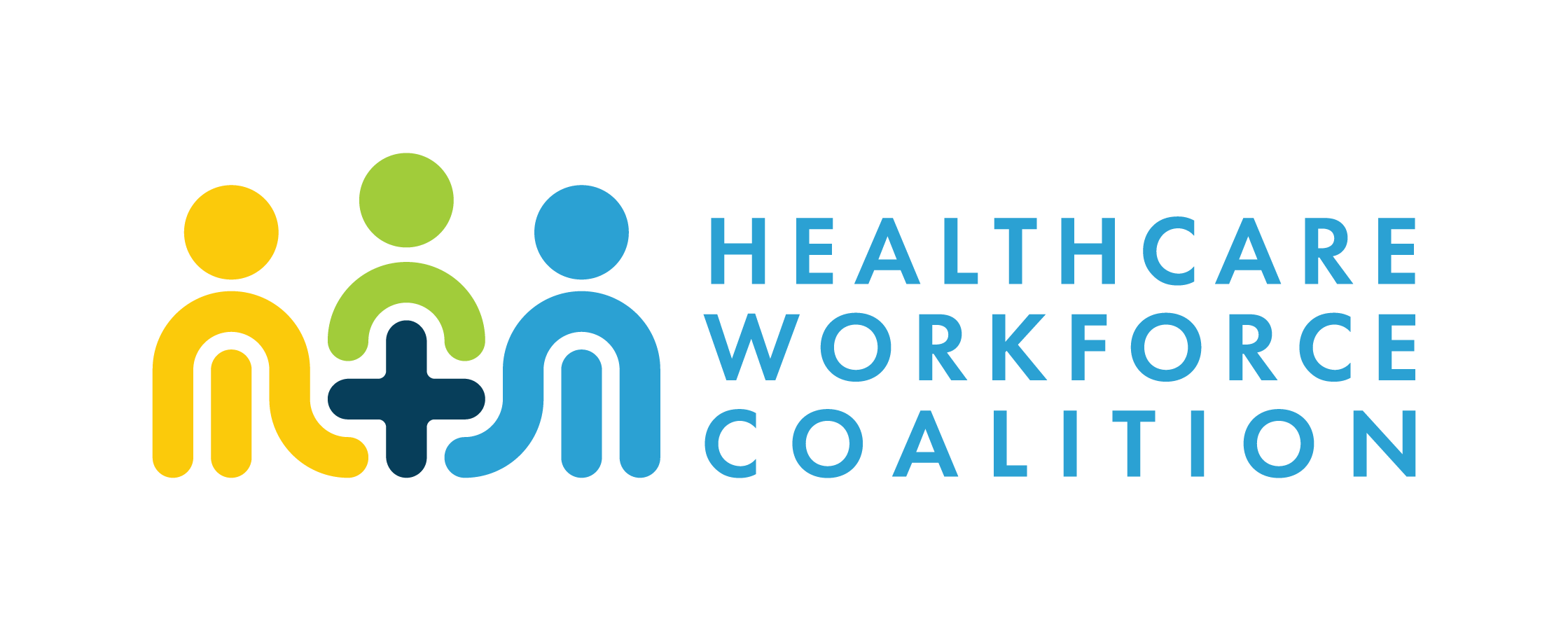The American Association of Colleges of Nursing (AACN) recently released its annual national survey, revealing critical insights into the current state of nursing education in the United States. AACN surveyed nursing schools with baccalaureate and higher degrees and found that while enrollment in entry-level nursing programs remains stable, there is a concerning decline in advanced nursing programs, including baccalaureate degree-completion, master’s, and PhD programs. This trend could significantly impact the ability to meet future healthcare demands as schools struggle with capacity to train an adequate number of nurses to fill current workforce shortages.
According to the AACN:
- Enrollment in entry-level Baccalaureate programs saw a marginal increase of 0.3%. This stability is a positive sign following the first enrollment drop in these programs in over two decades last year. However, the total number of students enrolled remains below the peak figures from previous years, highlighting a need for continued monitoring and support.
- More alarmingly, the data show a persistent decline in enrollment for RN to BSN programs, master’s, and PhD programs.
- Enrollment in RN to BSN programs decreased by 9.9% or 9,774 students in 2023, and
- Enrollment in master’s programs decreased by less than 1% (0.9% or 1,176 fewer students) since 2022.
- There has been a downward trend over the last 10 years for enrollment in PhD nursing programs, which has created great concern among academic nursing leaders given many colleges and universities require their faculty to be PhD-prepared and roughly 9% of nursing faculty positions sit vacant.
These programs are crucial for preparing nurses for roles beyond basic care, including leadership, education, and specialized clinical positions. This decline in advanced program enrollment poses concerns of an acute shortfall in qualified nursing faculty and advanced practice nurses, further straining the healthcare system. As the population ages and the demand for healthcare services grows, the need for highly educated nurses will become even more critical. Strengthening the nursing education pipeline is crucial not only for meeting immediate patient care needs but also for ensuring long-term healthcare system resilience.
To read more about AACN’s 2023-2024 annual survey, click here.
To read highlights from the survey, click here.
